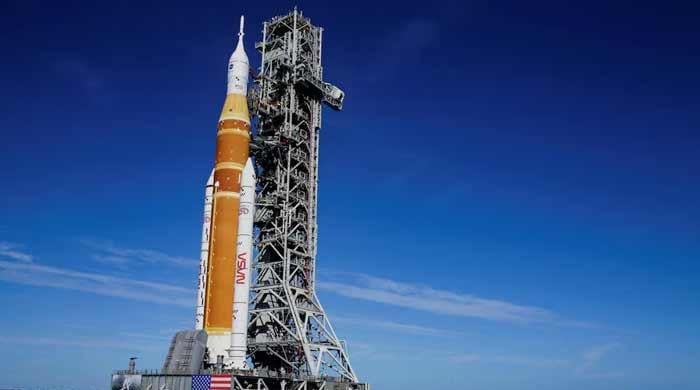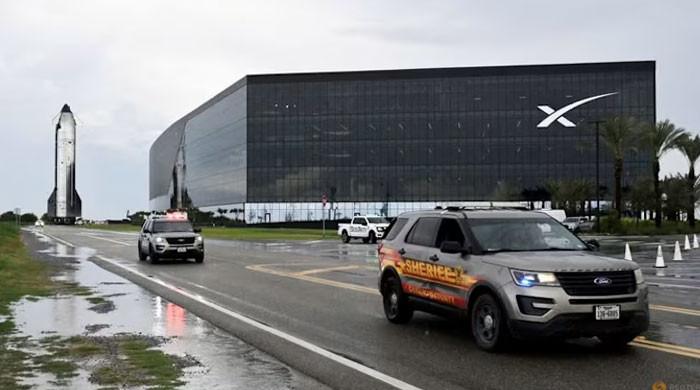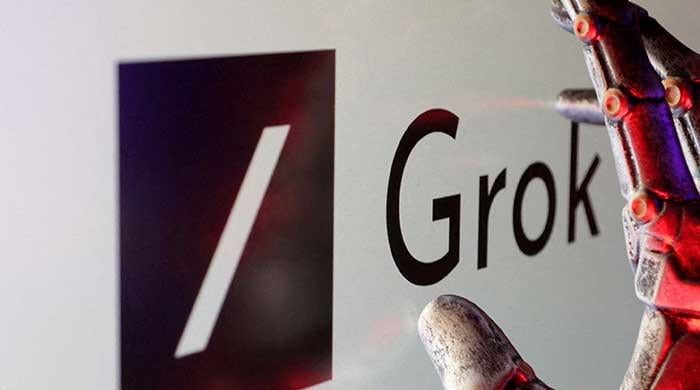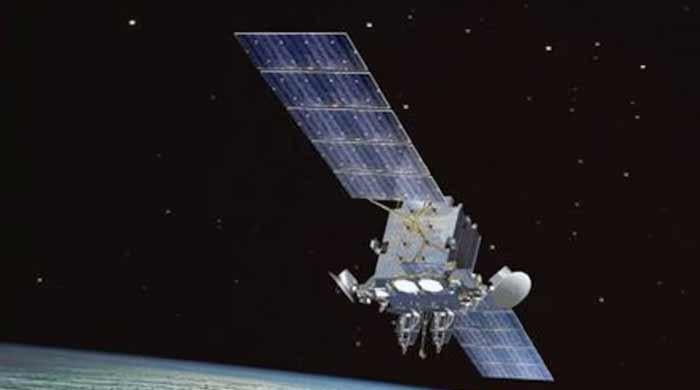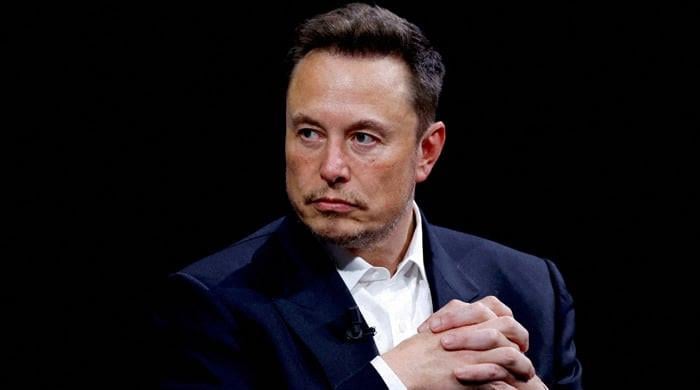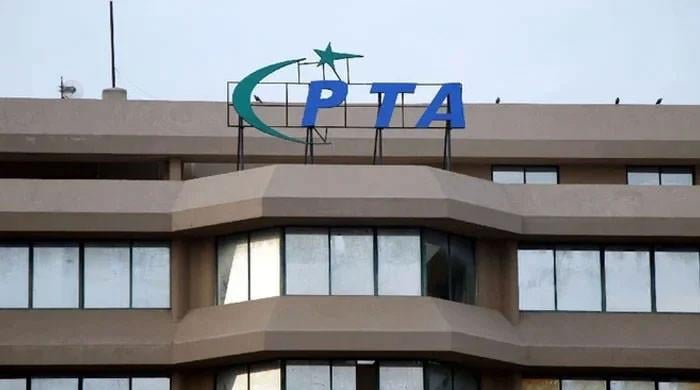Jeff Bezos plans to join satellite internet race with upcoming Project Kuiper
Amazon has agreements with rocket companies for nearly 100 flights
October 07, 2023
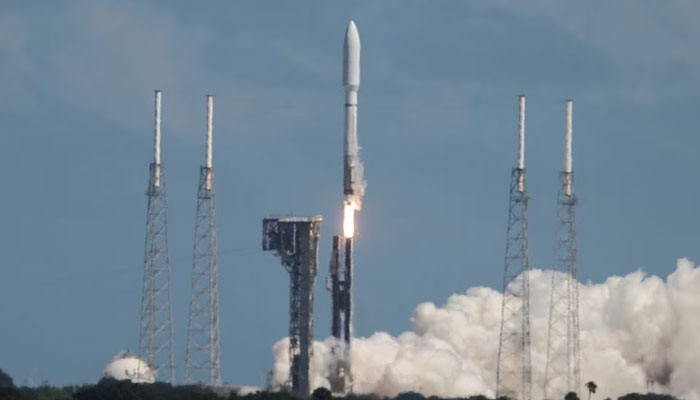
Jeff Bezos, the founder of the online retail giant Amazon, is expanding his interests in space, as he prepares to join the satellite internet race with his broadband mega-constellation, Project Kuiper.
Bezos, who founded his space agency Blue Origin over two decades ago, launched two prototype satellites for a broadband mega-constellation, as part of his Project Kuiper.
Bezos plans to launch over 3,200 spacecraft in the coming years to provide global internet connections, challenging tech billionaire Elon Musk's Starlink, which already offers satellite internet in numerous countries.
The two small satellites — KuiperSat-1 and KuiperSat-2 — were launched on Friday to trial the necessary technology. They were carried into a 500km-high (310 miles) orbit by an Atlas-5 rocket.
The flight from Cape Canaveral Space Force Station in Florida launched at 14:00 EDT (18:00 GMT).
Amazon initiated research on the $10 billion Project Kuiper in 2018, aiming to enter the growing market for high-bandwidth, low-latency internet connections that are bounced across the sky, instead of through ground-based fibre connections.
Meanwhile, SpaceX, led by Elon Musk, has over 4,800 working spacecraft in orbit. Eutelsat-OneWeb, a UK-based company, has a network of 620 satellites. However, as the sector is expanding with projects in Canada, the EU, China, and other US companies, Bezos is rushing to deploy his network.
According to its US Federal Communications Commission (FCC) license to use radio frequencies, Amazon must have half of the Kuiper system in orbit by July 2026 and the full roll-out by July 2029, which requires a fierce launch campaign.
Amazon has agreements with rocket companies for nearly 100 flights.
Amazon's Kuiper mission could face challenges due to the majority of missions being booked on vehicles that haven't yet entered service, and the risk of new rocket systems failing during early outings.
Additionally, scrutiny of potential interference from Kuiper satellites for astronomy will be necessary, similar to other mega-constellation systems.
The increasing number of spacecraft in orbit is causing concern for telescopic observation of the Universe, as if not engineered, they could appear bright and trailing as their surfaces catch the rising and setting Sun.
Concerns about interference and traffic management of large satellite populations are heightened due to potential collisions in congested space, causing debris and restricting orbital activities.
Bezos is developing several space projects including a rocket and capsule system for flying tourists above Earth.
Blue Origin is also working on a much bigger vehicle called New Glenn, as well as on concepts for an astronaut landing craft for the Moon and a commercial space station to be flown in Earth orbit.




